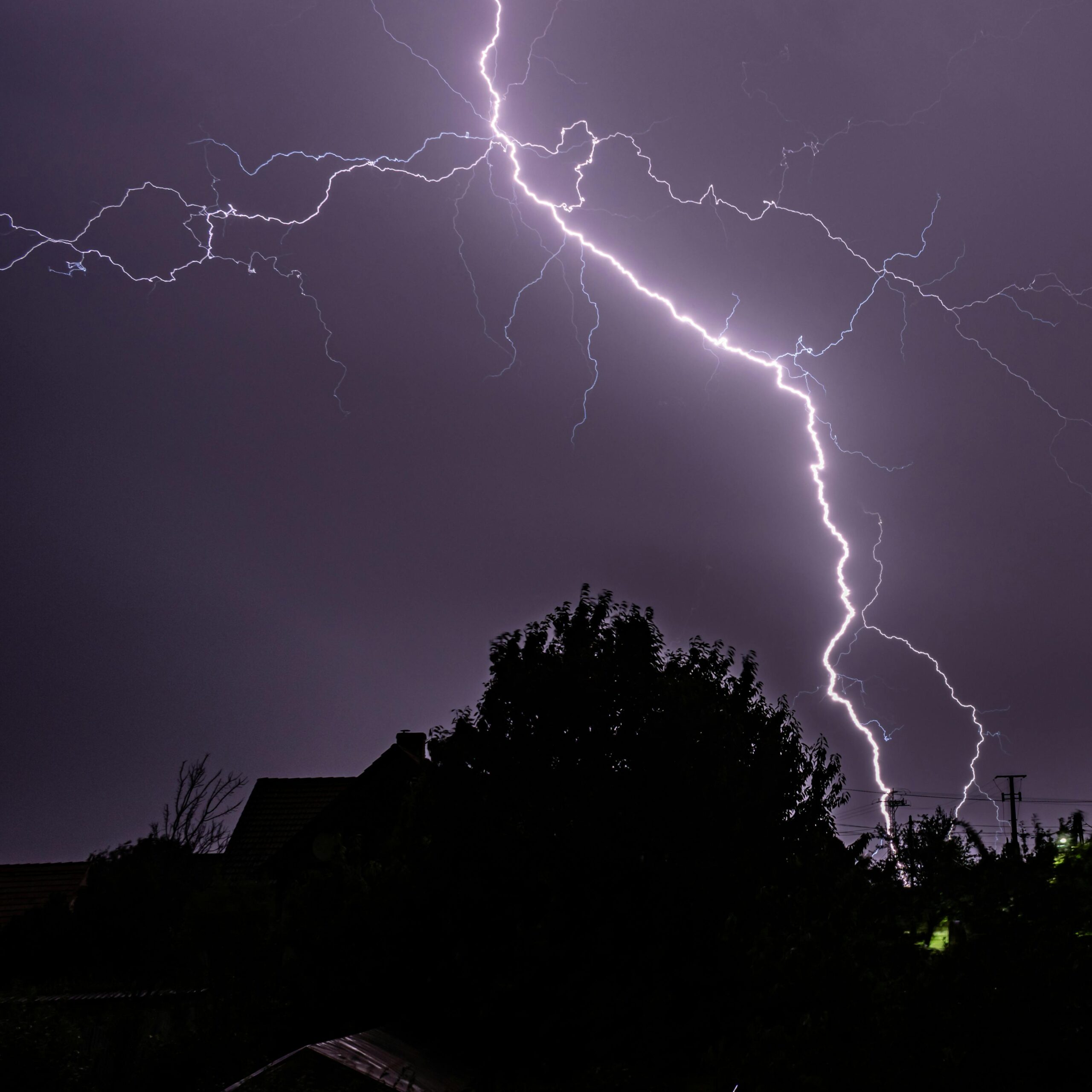 Power surges are sudden, brief increases in electrical voltage that can cause significant damage to your home’s electrical system and connected devices. In this blog post, we will explore what power surges are, how to prevent them, why they are dangerous for your home and belongings, and whether there is a typical time for power surges to occur.
Power surges are sudden, brief increases in electrical voltage that can cause significant damage to your home’s electrical system and connected devices. In this blog post, we will explore what power surges are, how to prevent them, why they are dangerous for your home and belongings, and whether there is a typical time for power surges to occur.
- What exactly is a power surge? A power surge, also known as a voltage surge or transient voltage, is a rapid and temporary increase in electrical voltage that exceeds the standard level of electricity flowing through your home’s electrical system. These surges can last for a fraction of a second but can cause substantial damage to electronic devices and appliances.
- How can you prevent power surges in your home? Preventing power surges is crucial to safeguarding your home’s electrical system and valuable electronics. Here are some effective preventive measures:
a. Surge Protectors: Install surge protectors or power strips with built-in surge protection on all sensitive electronic devices and appliances. These devices divert excess voltage to the ground, protecting your equipment from damage.
b. Whole-House Surge Protection: Consider installing a whole-house surge protection system at your main electrical panel. This system provides protection to all electrical outlets and appliances in your home, minimizing the risk of damage from power surges.
c. Unplug Devices: During severe storms or when you are away from home for an extended period, unplug sensitive electronic devices and appliances to eliminate the risk of power surges damaging them.
d. Grounding: Ensure that your home’s electrical system is properly grounded. Grounding provides a safe path for excess electrical energy to dissipate, reducing the risk of power surges.
e. Regular Maintenance: Schedule regular maintenance of your electrical system by a qualified electrician. This includes inspecting wiring, outlets, and circuit breakers to identify and address any potential issues that could lead to power surges.
- Why are power surges dangerous for your home and belongings? Power surges can have detrimental effects on your home and belongings due to the following reasons:
a. Damage to Electronics: Power surges can cause immediate damage to sensitive electronic devices such as computers, televisions, and home appliances. The excess voltage can overload and fry delicate circuitry, rendering the devices unusable.
b. Fire Hazard: In extreme cases, power surges can generate heat and sparks, leading to electrical fires. The increased voltage can cause wires to overheat and potentially ignite nearby flammable materials.
c. Reduced Lifespan of Appliances: Even if a power surge does not immediately damage your appliances, it can significantly reduce their lifespan. Frequent exposure to power surges can weaken internal components, leading to premature failure.
d. Data Loss: Power surges can corrupt or erase data stored on electronic devices such as computers and external hard drives. This can result in the loss of important documents, photos, and other valuable digital assets.
- Is there a typical time that power surges occur? Power surges can occur at any time, but certain events or conditions increase the likelihood of surges:
a. Lightning Strikes: Power surges caused by lightning strikes are common during thunderstorms. Lightning can induce power surges through utility lines or by striking power lines directly.
b. Power Outages: When power is restored after an outage, a surge of electricity can occur. This is known as a “power spike” and can potentially damage unprotected devices.
c. Faulty Wiring or Equipment: Electrical faults, faulty wiring, or malfunctioning equipment within your home or the utility grid can cause power surges.
d. High-Powered Electrical Devices: The operation of high-powered electrical devices such as air conditioners, refrigerators, or elevators can create power surges within your home’s electrical system.
Understanding power surges and taking preventive measures is essential for protecting your home and valuable electronic devices. By installing surge protectors, considering whole-house surge protection, and practicing regular maintenance, you can significantly reduce the risk of power surge damage. Remember, power surges can occur at any time, so it is crucial to be prepared and take necessary precautions to safeguard your home and belongings.






